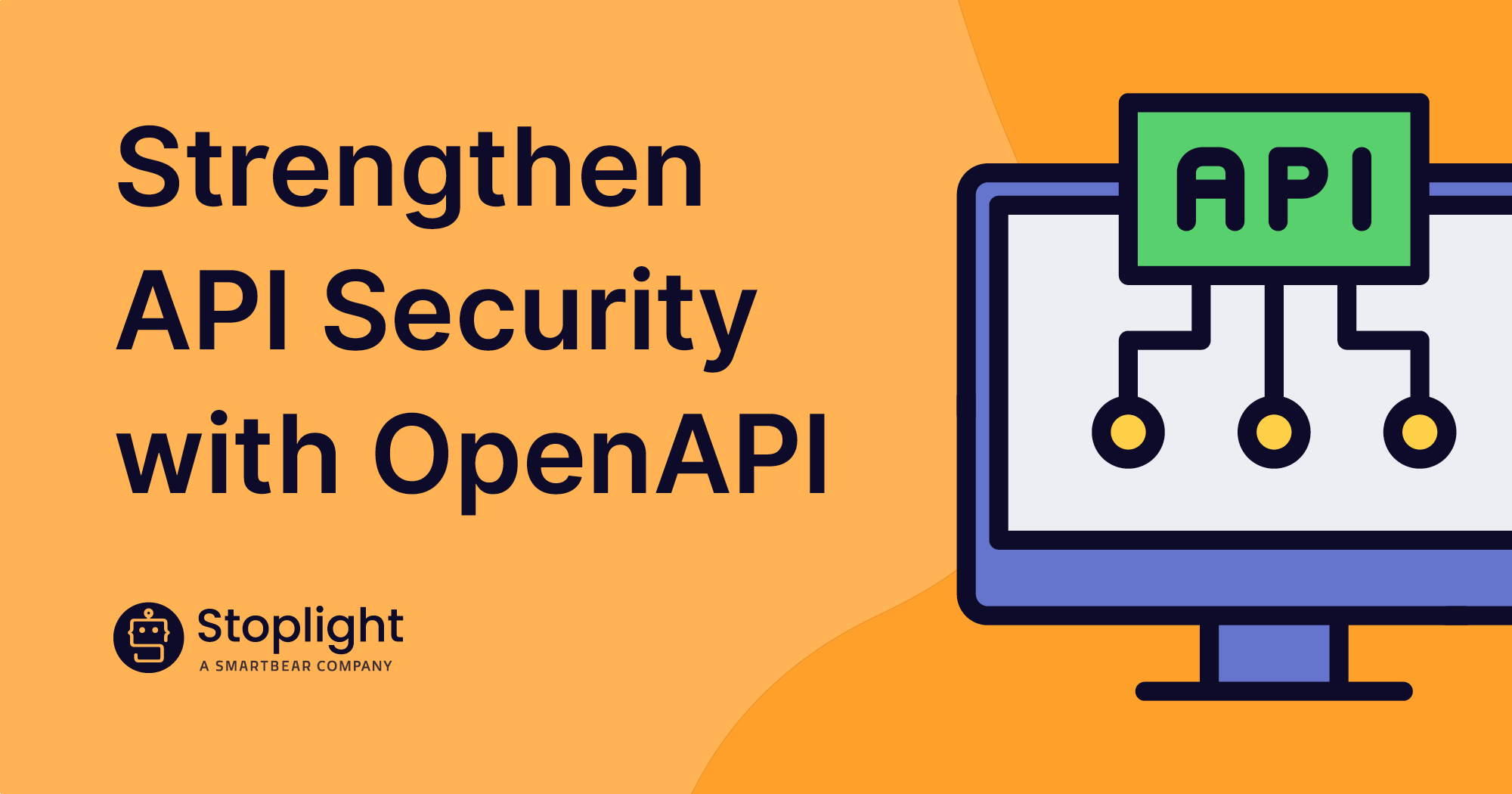Diversity and inclusion in the tech industry have big payoffs. Diverse workplaces, especially those that promote gender diversity in leadership, are rich environments for innovation. In honor of Women’s History Month, we’ve pulled together a list of six women leading their companies into the future with innovative API offerings, enriching the landscape of the tech industry and beyond.
PagerDuty
Jennifer Tejada, who came from a background in marketing and management, has been leading PagerDuty since 2016, where she has overseen remarkable growth. PagerDuty is the tool of choice for incident response teams across industries, making it an indispensable part of the global software economy. Tejada has accomplished this growth through an emphasis on a high-quality product and exceptionally reliable service through their app and API. And not to mention, Pagerduty is a Stoplight customer (check out their journey).
Canva
Even if you haven’t used Canva to create a presentation, pamphlet, or something similar, you’ve certainly seen the results of Canva’s influence on design in recent years (our marketing team uses them too, here at Stoplight!). Melanie Perkins, the CEO, and co-founder of the company was a graphic designer and design instructor who saw a need for a simpler, cheaper solution than the “professional” tools that were available at the time. She founded the predecessor to Canva in 2007, then launched Canva in 2013. In 2019, she began offering collaborative design tools based on APIs. Simple, customizable workplace collaboration tools like this are making design cross-functional in many workplaces, and are a major factor behind Canva’s remarkable valuation. As a result of this success, not only is Perkins one of Australia’s wealthiest women, she has pledged to give a large portion of her wealth to charitable causes.
Adafruit Industries
Founded by MIT engineer Limor Fried in 2005, Adafruit Industries is a 100% woman-owned business dedicated to providing the best place to learn electronics for students of all ages. Their factory in New York City produces electronics kits based on open-source designs that sell at price points accessible to hobbyists and professionals alike. The company, which has never taken any venture funding, offers a range of APIs that customers integrate for use with their hardware products. Fried and her team have made electronics and internet device design accessible to millions of people, from elementary school students to research scientists and everyone in between. Along the way, Fried has become an icon, gracing the cover of Wired, headlining major conferences, and running Adafruit with progressive policies like a paid day off for Election Day.
Akita
Founded by Jean Yang, a professor from Carnegie Mellon University, Akita is a serious product borne out of Yang’s memories of the simple fun she experienced while coding in Visual Basic. Akita is an API visibility tool that automatically manages a range of processes that otherwise fall to DevOps teams and would typically require multiple layers of tooling. Yang and her team are “passionate about making it easier for people to build the software they intend to build.” It’s a deceptively simple goal that leverages Yang’s deep technical knowledge to make real improvements to the experience of developers across the industry. Akita is currently in private beta but look for a public launch soon.
Affectiva
Facial recognition technology gets attention for use cases in law enforcement and security, but two women working at the MIT Media Lab saw the broad potential for ‘affective analysis’, using machine learning to read people’s facial expressions for emotion. Doctors Rana el Kaliouby and Rosalind Picard founded Affectiva in 2009, seeing the potential for their groundbreaking Emotion AI in many industries. Recently, the company was acquired by SmartEye, and the two companies are working together to improve automobile safety by observing drivers’ emotional and cognitive states. Affectiva’s technology is now available through an API from iMotions, another recent SmartEye acquisition.
BioBot Analytics
You may have heard about the CDC sampling wastewater across the United States to monitor COVID infections and variants. The company behind the wastewater data was founded in 2017 by Mariana Matus, a computational biologist, and Newsha Ghaeli, an urban systems researcher. Concerned about the worsening pandemic, the two women saw the potential for wastewater analysis to provide important insights into public health. They quickly realized that the data would have the greatest value if a wide range of users – from academic, government, and commercial organizations – could access it easily and rapidly. Their API is private, available only by an application process, but has a wide range of users with an emphasis on interdisciplinary collaboration and inclusivity.
Improving the Tech Pipeline:
APIs let companies and leaders bring their visions to the global market, opening possibilities for new applications and new value. The real power of an API is realized when it gets put to use by a diverse and growing developer audience. At Stoplight, we focus on supporting our customers with the best API tools possible so that they can serve their developer communities better. We help visionary leaders and innovative companies extend their reach and build high-quality API products that help connect our world.

